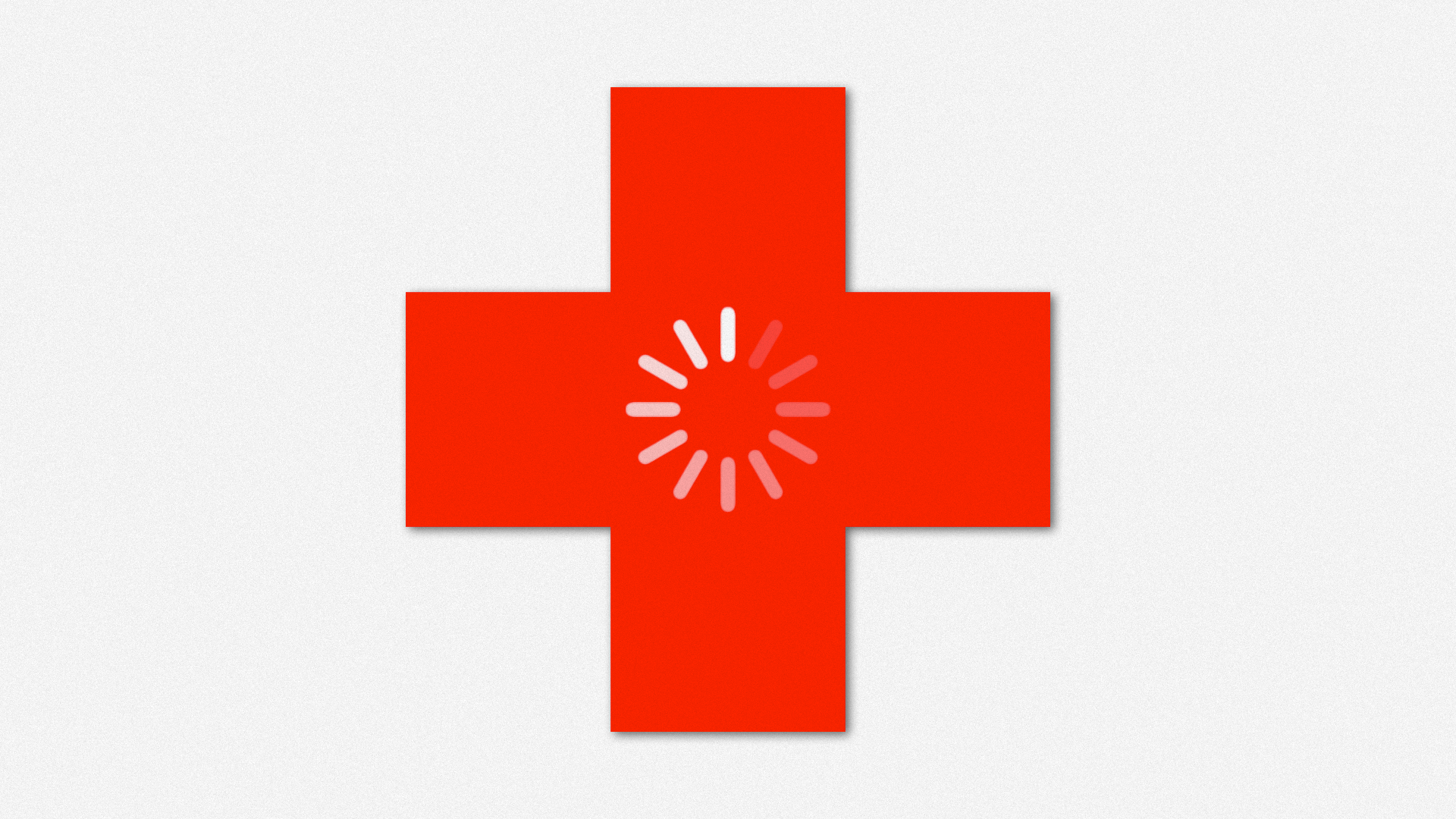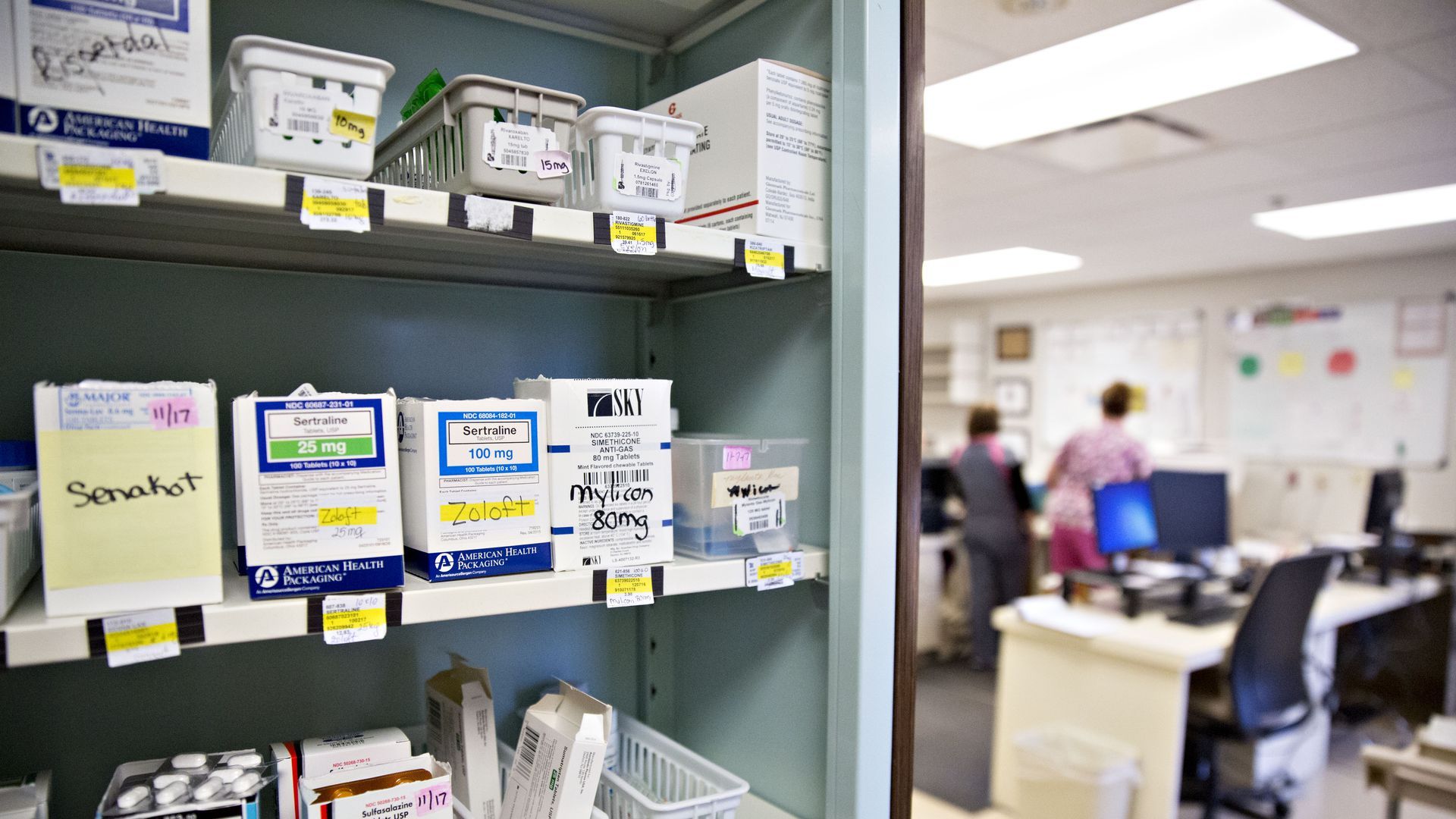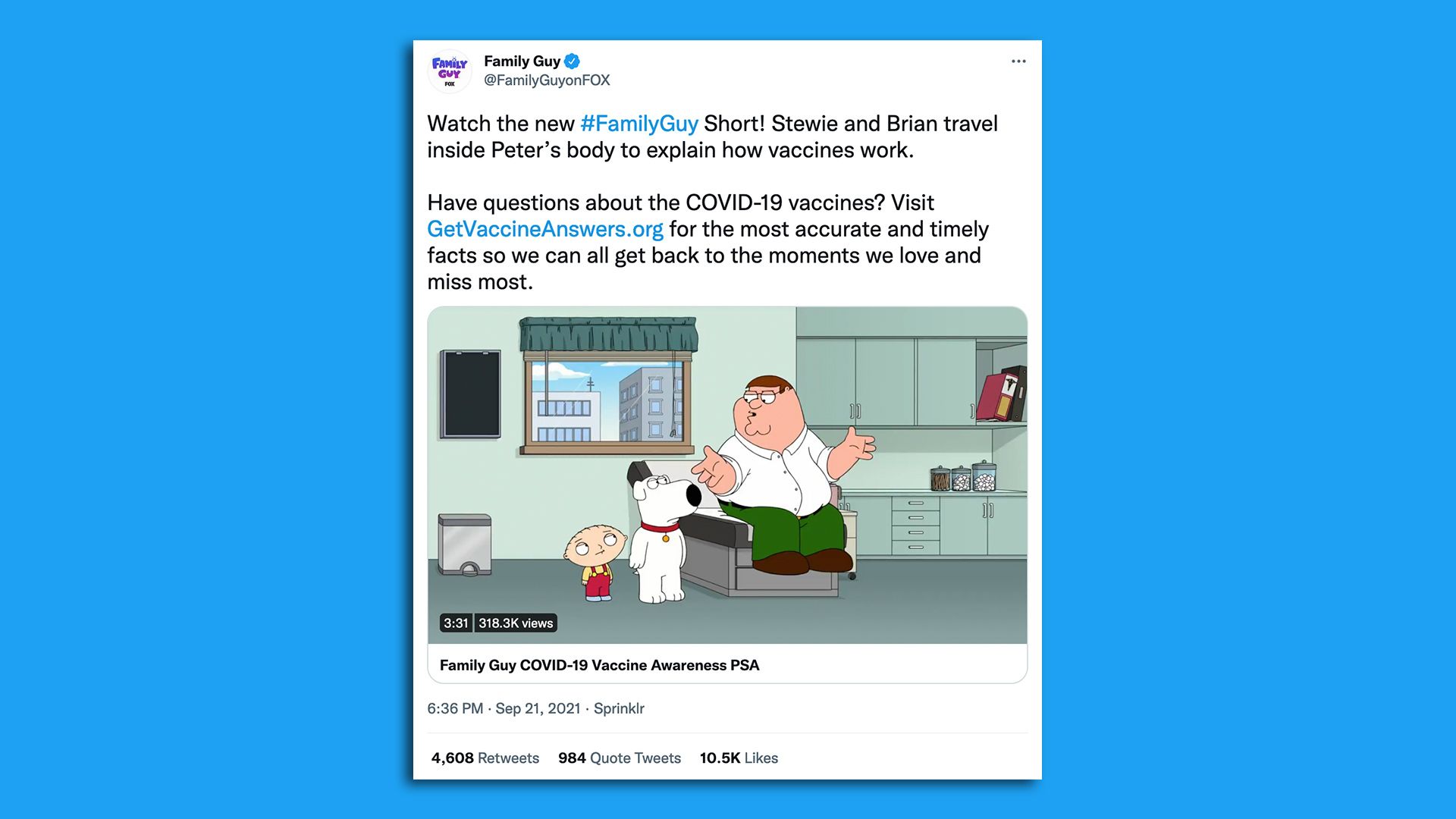| The number of patient visits for chronic kidney care plummeted by more than 26% in the early months of the pandemic, according to new data from the nation's largest insurer, UnitedHealth Group. Why it matters: Researchers are racing to understand just how much care people skipped — and whether it actually affected their health. What they're saying: "The key number to keep in mind here is that roughly 30% of the care that patients receive across the health care system doesn't help them and may even put them at risk. That's likely true with kidney disease care, too," said David Cook, vice president of research at UHG Research and Development. By the numbers: UnitedHealth's study looked at changes in in-person visits, as well as lab work and medication utilization, between March 1 and June 30, 2020. - Researchers said they would have expected to see 2.74 million in-person visits in the study period. Instead, they saw a total of only about 1.56 million in-person visits, representing a 40% drop.
What we're watching: Anecdotally, doctors have said they're starting to see negative effects of delayed care across the spectrum of health care. - "That wave is now crashing," said Gregg Miller, the chief medical officer of Vituity, a firm that staffs hospital emergency departments.
What's next: As patients head back to the doctor, United is waiting to see whether they've gotten sicker, or whether the pandemic ultimately helped identify care they didn't really need. Share this story. | 









No comments:
Post a Comment